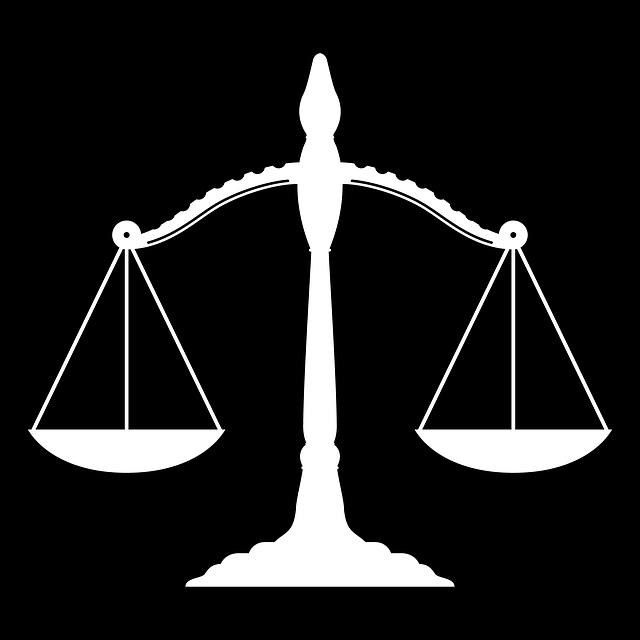Securities regulation development mirrors societal shifts in financial markets, driven by historical fraud and manipulation. Court cases involving property ownership issues established regulatory precedents, leading to bodies like the SEC. Regulations guide securities issuance, trading, and disclosure, promoting transparency and protecting investors. These cases influence dispute resolution and legal interpretations, ensuring ethical conduct. With technological advancements, these court outcomes are crucial for navigating complex digital asset and NFT transactions while balancing innovation and consumer protection.
The RF securities industry has evolved significantly over time, shaped by historical events and legal frameworks. This article provides a comprehensive overview of the regulatory landscape, tracing its historical roots and exploring key components such as court decisions related to property disputes. We delve into prominent legal structures that have left an indelible mark on the sector. Additionally, we scrutinize future trends, shedding light on emerging challenges in regulation, particularly focusing on court cases involving property ownership issues.
- Historical Overview: Evolution of Securities Regulation
- Key Legal Frameworks and Their Impact
- Court Decisions: Resolving Property Disputes
- Future Trends: Emerging Regulatory Challenges
Historical Overview: Evolution of Securities Regulation

The evolution of securities regulation is a reflection of society’s changing relationship with financial markets. Historically, the lack of centralized oversight allowed for rampant fraud and manipulation, leading to landmark court cases involving property ownership issues that laid the foundation for modern regulations. These early struggles inspired the establishment of regulatory bodies like the Securities and Exchange Commission (SEC) in the United States, tasked with protecting investors and maintaining fair markets.
Over time, securities regulation has become increasingly sophisticated, adapting to the complexities of global finance. Regulatory bodies now employ a multi-faceted approach that includes white-collar defense strategies and comprehensive oversight throughout all stages of the investigative and enforcement process. This evolution ensures that market participants adhere to ethical standards, promoting transparency and stability in financial markets worldwide.
Key Legal Frameworks and Their Impact

The RF Securities Industry is heavily regulated to ensure fair practices and protect investors. Key legal frameworks like the Securities and Exchange Commission (SEC) guidelines and state-specific regulations form the backbone of this industry oversight. These laws not only govern the issuance and trading of securities but also dictate how companies handle their financial disclosures, ensuring transparency. Court cases involving property ownership issues have played a pivotal role in shaping these regulatory norms, providing precedents for resolving disputes and interpreting legal provisions.
The impact of these frameworks is profound, especially when considering the diverse needs of corporate and individual clients. Legal experts adept at navigating this complex landscape can help investors achieve extraordinary results, ensuring compliance while safeguarding their interests. This meticulous balance ensures that the securities market remains robust, attractive, and accessible for all participants, fostering a healthy investment ecosystem.
Court Decisions: Resolving Property Disputes

The RF Securities Industry is subject to stringent regulation, with court decisions playing a pivotal role in resolving property disputes that often arise in complex financial transactions. Key cases have established precedents for determining ownership rights, emphasizing the importance of transparency and due diligence. Through these legal battles, investors and institutions learn valuable lessons about navigating risks and protecting their assets.
Successful outcomes, including winning challenging defense verdicts, have set important benchmarks. Such victories not only safeguard the interests of individuals and philanthropic and political communities but also foster a robust investment climate. By achieving extraordinary results in court cases involving property ownership issues, stakeholders can better understand their rights and obligations, ultimately strengthening the regulatory framework that governs the RF Securities Industry.
Future Trends: Emerging Regulatory Challenges

The securities industry is undergoing a period of significant evolution, driven by technological advancements and global market dynamics. As we look ahead, several emerging trends and challenges are set to shape regulatory landscapes. One notable area of focus is the increasing complexity in resolving court cases involving property ownership issues. With the rise of digital assets and cross-border transactions, regulators face the task of adapting existing frameworks to accommodate these novel complexities. This requires a delicate balance between fostering innovation and ensuring consumer protection, particularly as virtual properties and non-fungible tokens (NFTs) gain mainstream adoption.
Moreover, the intersection of general criminal defense strategies and the securities sector is becoming more pronounced. As regulatory scrutiny intensifies, so does the need for robust legal defenses. Philanthropic and political communities are also increasingly involved in shaping regulatory policies, adding another layer of complexity to the already intricate web of securities regulations. The resolution of court cases involving property ownership issues will continue to be a focal point, with outcomes potentially setting precedents that influence the broader application of existing laws and shape future regulatory responses.
The evolution of securities industry regulation, as explored through historical overview, key legal frameworks, court decisions involving property ownership issues, and future trends, underscores the dynamic nature of this landscape. Navigating these regulatory challenges is essential for fostering a robust market while protecting investors. As we look ahead, emerging trends in regulatory compliance will demand continuous adaptation and innovation, ensuring fair practices and transparency in the securities sector. Understanding and staying abreast of these developments, particularly in court cases resolving property disputes, are crucial steps toward a more resilient and equitable financial future.






